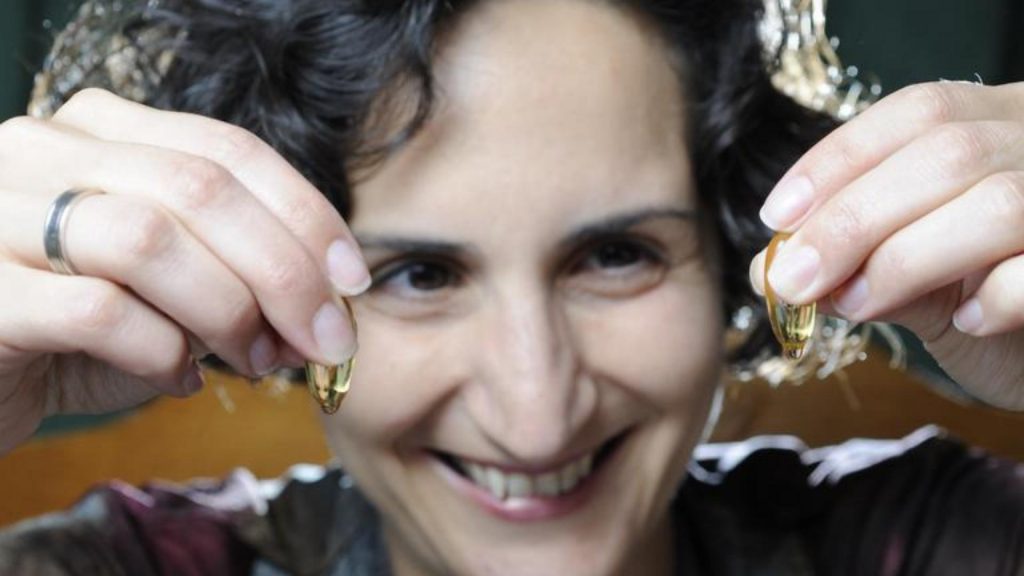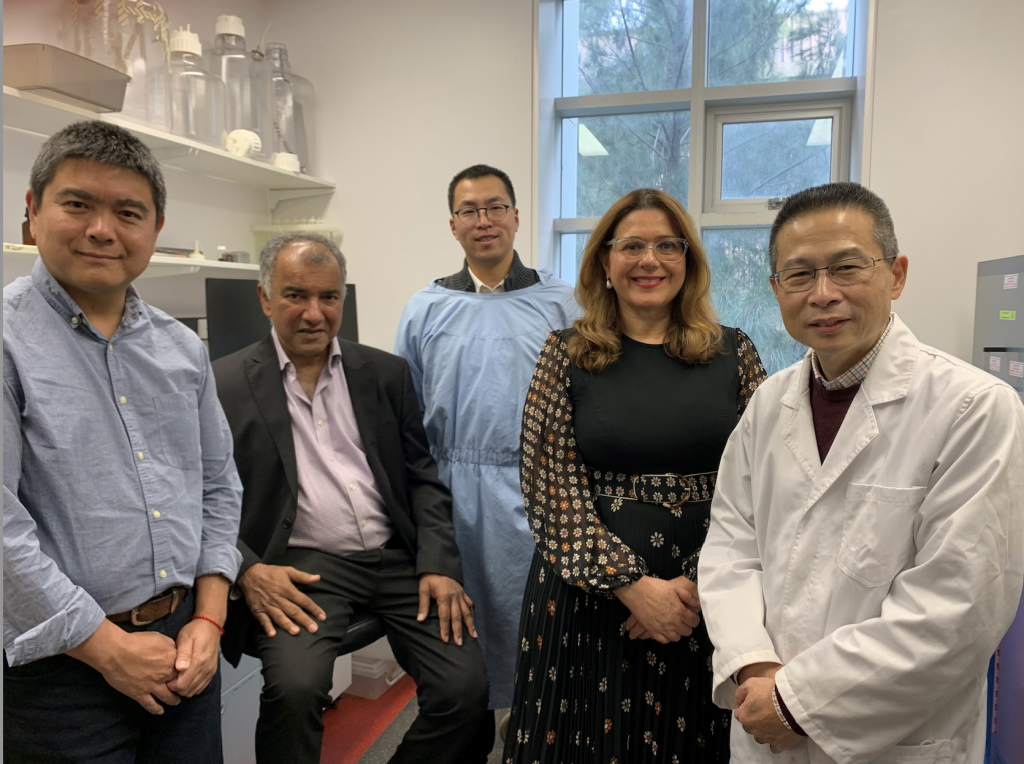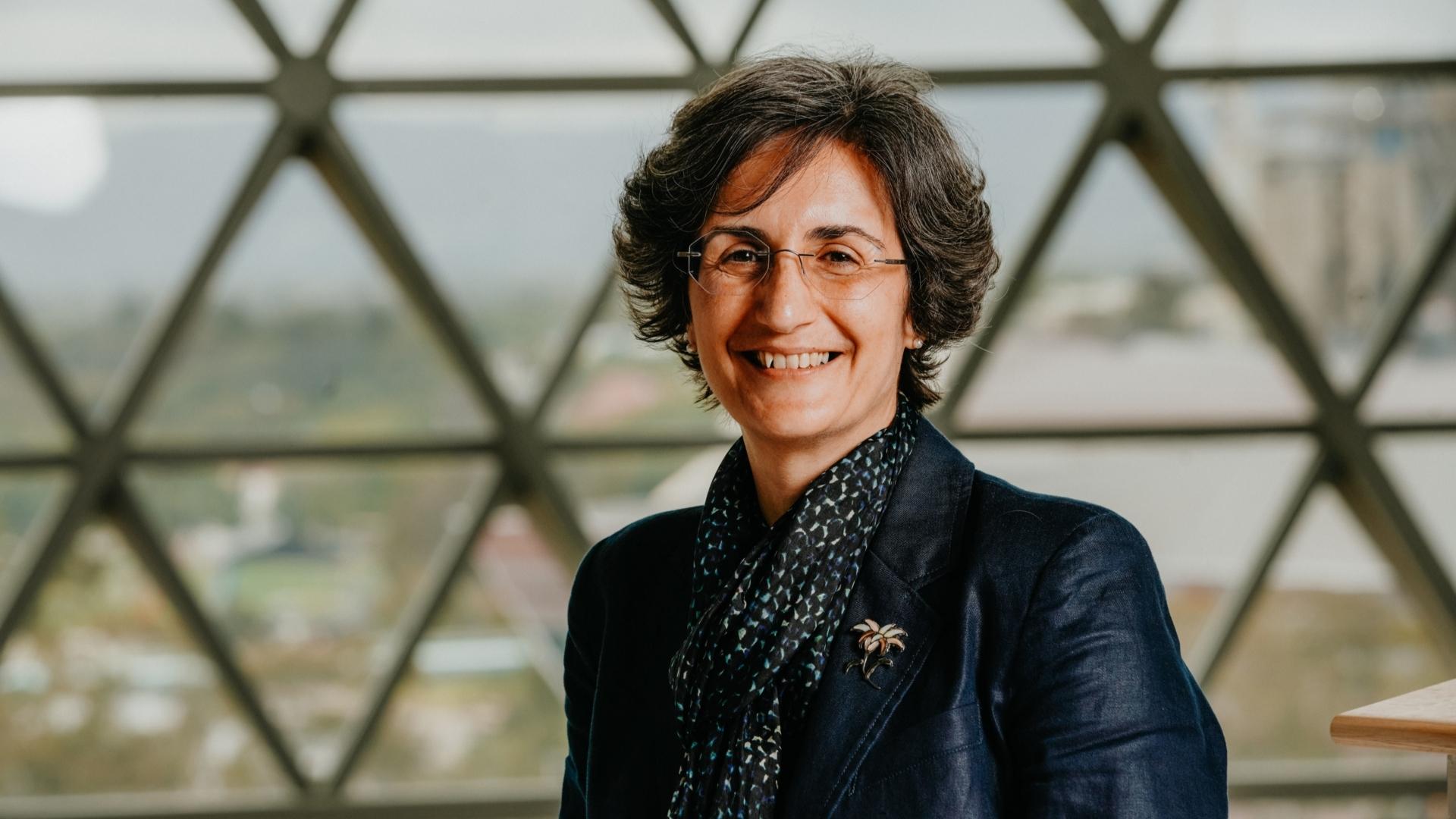Professor Maria Makrides from the South Australian Health and Medical Research Institute (SAHMRI) and artist Niki Sperou from the Centre for Marine Bioproducts Development (CMBD) at Flinders University are among the 2022 SA Science Excellence and Innovation Awards finalists.
The awards showcase the critical importance of science, research and innovation to the development of industry and society as a whole and provide an opportunity to recognise the work of inspiring Science, Technology, Engineering, Mathematics and Medicine (STEMM) leaders and teams working in research and education institutions, schools, industry and the community.
“It is rewarding, humbling and I feel like I am already a winner by being a finalist,” internationally recognised researcher and Deputy Director at SAHMRI, Professor Maria Makrides told The Greek Herald.
Makrides is a finalist in the Scientist of the Year category.
“To have the work my team and I have done over the last 20 odd years recognised is great,” she said.
The Greek Australian heads one of the premier research centres at the forefront of mother-infant nutrition research in the world, leading a large, multidisciplinary team of more than 70 staff and students.
“I’ve always been interested in science. Originally, I did a science degree in Melbourne and I came to Adelaide to do nutrition and dietetics. From there, I recognised that I was most interested in nutritional research and in finding better ways to improve health outcomes for mothers and babies through nutrition,” she said.
Professor Makrides and her team led the clinical studies that have changed the composition of infant formulae, changed international food laws, updated infant feeding guidelines to introduce allergenic foods (such as eggs and peanuts), and established specific nutrient recommendations for pregnancy and infancy worldwide.

“The work we are doing now has really highlighted that for some women who are low in Omega-3 fatty acids we can actually reduce the risk of them having a premature baby by supplementing those fatty acids.
“At the moment, in South Australia we’ve got a state wide program to evaluate if we can see the same effects that we have seen in our clinical trials in the community, by adding an Omega-3 test to the usual pregnancy tests that happen in the first trimester.”
And has her background influenced her research?
“If you are thinking about the Mediterranean diet, you can certainly achieve a good state of Omega-3 sufficiency without supplements,” she said.
Asked about her advice for young scientists, she said it’s all about persistence and not giving up or compromising on the quality of work even when things get tough.
“Finding a way to maintain the quality of science is really important, because in the end this is what’s going to give us the most truthful result and have the biggest impact.”

Artist Niki Sperou and the team at the Centre for Marine Bioproducts Development, led by Professor Wei Zhang, are also finalists for the second year in the Excellence in Science and Industry Collaboration category.
The team use resources found in the ocean and transform them into new products such as medicines, biodegradable plastics, bio inks, nutrition drinks, and eco-friendly fertilisers. Using “green Chemistry”, they refine the manufacturing process to reduce waste, energy use, and the need for harmful chemicals.
In a previous interview Ms Sperou had said that her Greek language skills are useful in the lab while she often uses philosophy and mythology to explain science.
CMBD is embarking on the next stage of their mission, leading a new $270 million Marine Bioproducts Cooperative Research Centre that is expected to create over 26,000 new jobs and generate $8.6 billion for the Australian economy.
The winners will be announced at the Award celebration on 25 November.

